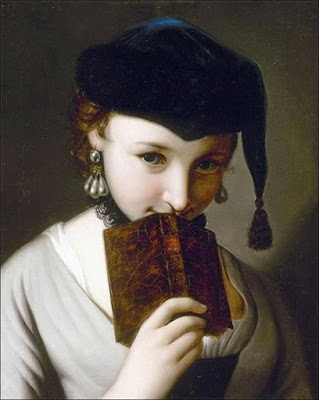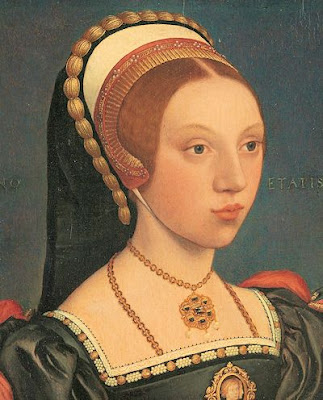Choose ONE of the following Options to write a 4-5 page
paper (double spaced), using BOTH novels as support. You can use one more than
the other, but each work needs to factor into your response, even if you use
one as a “naysayer” to the other. Quote passages and close read them as part of
your conversation—don’t merely summarize the plot and move on. An essay that
doesn’t demonstrate close reading and an understanding of the text will not
score very highly, so be careful!
DUE BY 5PM ON OUR FINAL EXAM DAY : MONDAY, DEC. 4th
Option
#1:
“And you must be aware, Fanny, that it is every young woman’s duty to accept
such a very unexceptionable offer as this” (Austen 307).
Who should a woman marry in
the 18th/early 19th century? What does it mean to make a “good marriage” or a
“bad” one? How can a woman learn to see the difference, and what should guide
her in accepting a proposal? Can ‘selfish’ interests interfere, or should it be
solely in the interest of the family? Use Austen and Johnson to respond to this
question, and imagine what they might be trying to teach young women of the
time about choosing a spouse.
Option
#2: “To
indulge in the power of fiction, and send imagination out upon the wing, is
often the sport of those who delight too much in silent speculation…The mind
dances from scene to scene, unites all pleasures in all combinations, and riots
in all delights which nature and fortune, with all their bounty, cannot bestow.”
(Johnson 97)
What is
the danger—or virtue—of an education spent reading novels? Why might fiction
lead young people down false paths or philosophical dead ends? Is Fanny like
the Astrologer, living her life too much in books to relate to the real world ideas
and passions around her? Is Austen trying to warn young women away from Fanny’s
example? Or would Austen disagree with Johnson’s advice, finding novels the
very best antidote to the illusions and advertisements of society? Can
“sensibility” be carried too far...or are novels the only way to truly obtain
it?
Option
#3:
“Here was again a want of delicacy and regard for others which had formerly
struck and disgusted her...How evidently was there a gross want of feeling and
humanity where his own pleasure was concerned” (Austen 303).
What does it mean to be “good” or “virtuous” in life? How can a novel, through a sympathetic hero/heroine, teach young people to distinguish between virtue and vice? And how can antagonists (or others) teach us to see that—quoting Shakespeare—“all that glitters is not gold”? Do Austen and Johnson agree on the universal virtues that young people should strive towards? Or do Fanny and Rasselas ultimately embark on every different moral adventures? (Remember that Johnson says that modern literature merely repeats the classics of old...does Austen agree and prove this in MP?).



























.jpg)